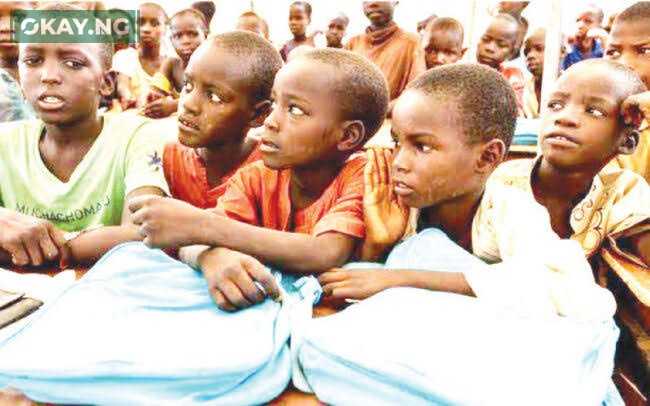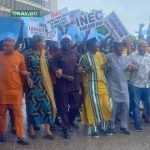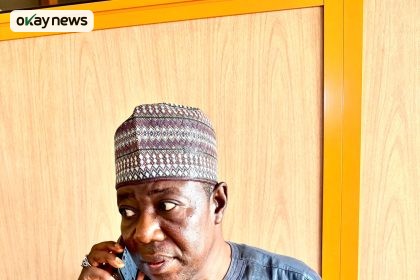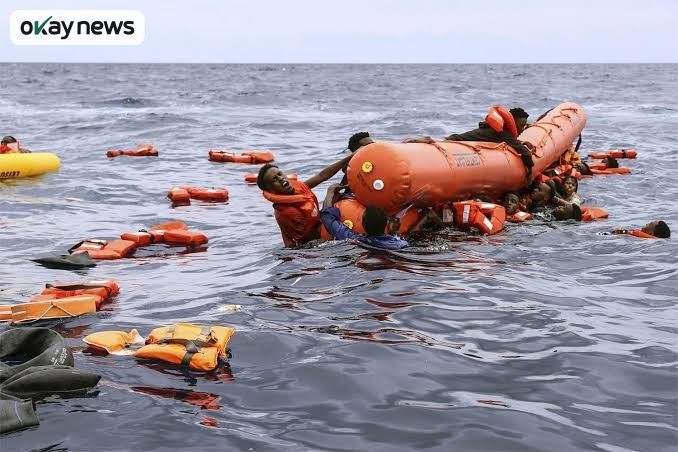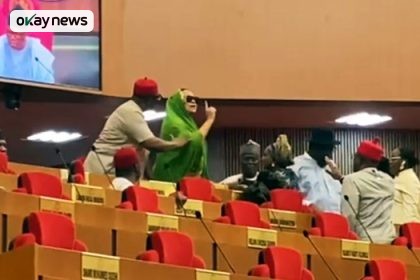In a significant stride toward eradicating the issue of out-of-school children, the Federal Government of Nigeria has secured a $25.35 million concessionary loan from the Kuwait Fund for Arab Economic Development. The funding is earmarked for Kaduna State as part of a broader educational reform initiative targeting vulnerable and underserved communities.
The loan, facilitated under a comprehensive $62.8 million blended financing arrangement with other international development organizations, will support the “Reaching Out-of-School Children” programme. This large-scale intervention focuses on ensuring that marginalized children—including girls, children with disabilities, and internally displaced persons—receive access to quality, inclusive education.
According to a statement released on Tuesday by the Director of Information and Public Relations at the Federal Ministry of Finance, Mohammed Manga, the agreement marks a pivotal moment in Nigeria’s educational reform agenda. The signing was carried out on behalf of the Kaduna State Government.
“In a significant step towards improving access to quality education in Nigeria, the Federal Government and the Kuwait Fund for Arab Economic Development have partnered to support the Reaching Out-of-School Children programme in Kaduna State,” the statement read.
“This partnership is built on a $25.35m concessionary loan agreement signed today between the Federal Government of Nigeria, on behalf of Kaduna State and the Kuwait Fund for Arab Economic Development. The facility forms part of a wider $62.8m blended package with international partners that will expand access to quality, inclusive education and improve learning outcomes for some of Nigeria’s most vulnerable children.”
The ambitious programme targets over 100,000 out-of-school children in Kaduna and seeks to construct 102 new climate-resilient schools while rehabilitating an additional 170 schools and learning centres. The project will also focus on equipping teachers with the necessary tools and training to boost learning outcomes.
okay.ng reports that the initiative highlights a deliberate push by the Federal Government to tackle one of the most pressing issues plaguing northern Nigeria’s education sector.
Minister of Finance and Coordinating Minister of the Economy, Mr Wale Edun, who was represented at the signing by Minister of State for Finance, Dr Doris Uzoka-Anite, emphasized the government’s focus on transparency, measurable results, and accountability in managing social sector investments.
“With millions of children still out of school, particularly in northern Nigeria, each dollar of intervention must translate into real and visible progress,” Edun stated.
He commended Kaduna State’s active role and effective collaboration with global partners, stressing that the success of this initiative could set a benchmark for similar interventions in other regions.
Governor of Kaduna State, Uba Sani, reiterated the state’s dedication to education by revealing that Kaduna had already fulfilled its $1 million counterpart funding obligation. He also disclosed that the state has allocated 26% of its 2025 budget to the education sector, signaling a strategic focus on human capital development.
The Director-General of the Kuwait Fund, Dr Wahid Al-Bahar, characterized the collaboration as “an investment in hope,” noting that the project’s true measure of success would not just be infrastructure but improved student enrolment, better learning results, and community engagement.
He added, “The fund is proud to support an initiative that aims to guarantee access to learning for every child.”
Other contributors to the $62.8m funding pool include the Islamic Development Bank ($10.5m loan), Global Partnership for Education ($15.45m grant), Education Above All Foundation ($10m grant), and Save the Children International ($0.5m technical assistance).
The Federal Ministry of Finance is responsible for overseeing the programme’s fiduciary obligations and will coordinate results reporting with Kaduna State and its partners. Monitoring mechanisms will include routine assessments of enrolment numbers, teacher training outcomes, and academic performance indicators.
The holistic framework seeks to not only bring children back to school but also to elevate the quality of public education in some of Nigeria’s most under-resourced communities.


